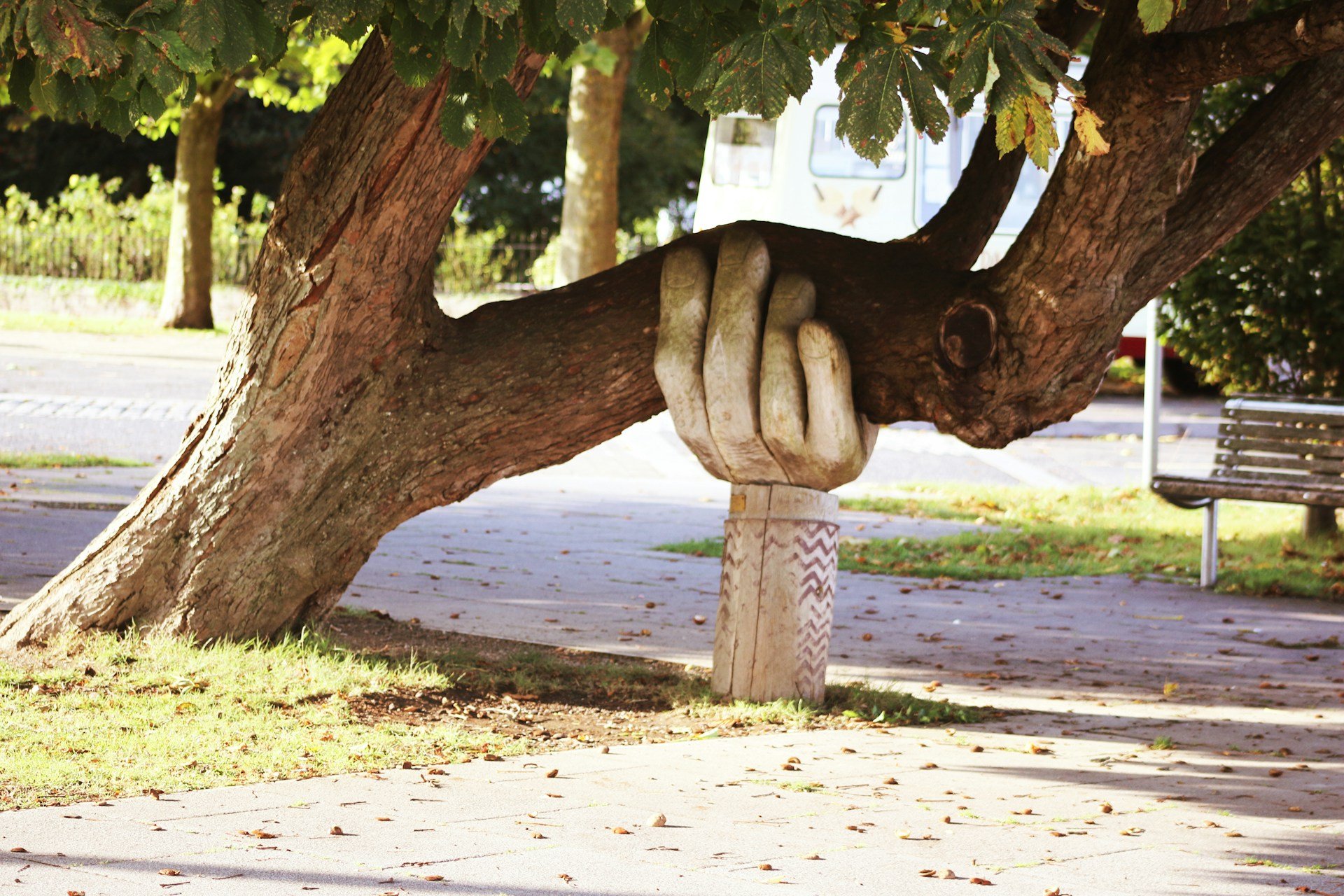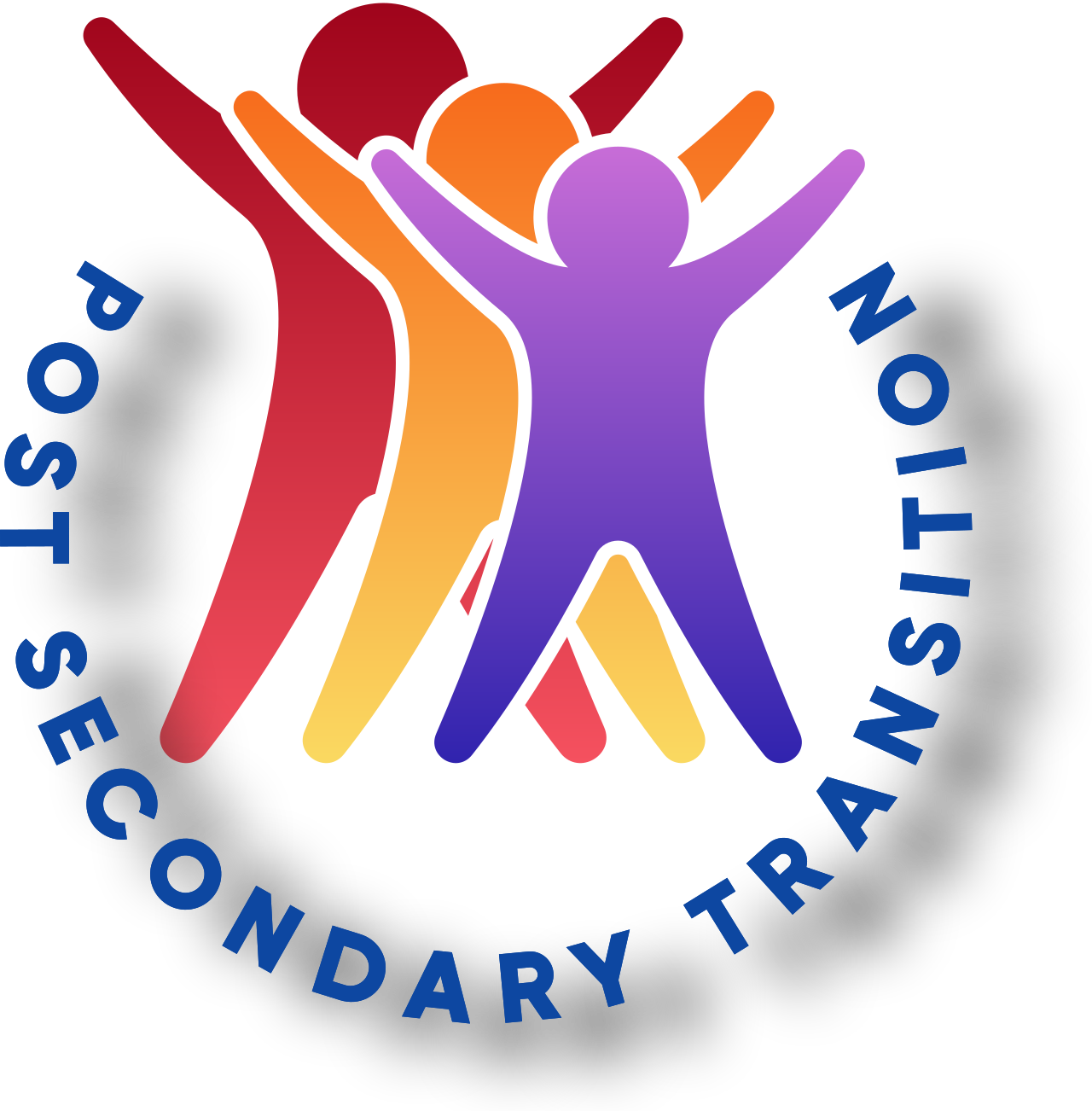
TRANSITION Services (College-Based)
College-based transition services refer to a range of support programs and resources designed to help students with disabilities make a successful transition from high school to college. The transition from high school to college can be challenging for any student, but it can be especially complex for those with disabilities.
These services aim to address the unique needs of students with disabilities and provide them with the tools and support necessary to navigate the academic, social, and logistical aspects of college life.
Here are some common components of college-based transition services:
Academic Support Services: Colleges will offer academic support services such as tutoring, study skills workshops, and access to assistive technologies to assist students with disabilities in their coursework.
Accessibility Services: Colleges typically have offices or departments dedicated to ensuring that students with disabilities have equal access to education. This may involve providing accommodations such as note-taking assistance, extended test-taking time, or accessible materials.
Orientation Programs: Specialized orientation programs or sessions may be available for students with disabilities to help them become familiar with campus resources, support services, and any specific accommodations they may need.
Counseling and Advocacy: Colleges may have counseling services to support students with disabilities emotionally and socially. Additionally, there may be advocates or advisors available to help students navigate the college system and advocate for their needs.
Social Support Programs: Creating a sense of community is essential for all college students, including those with disabilities. Social support programs can include social events, clubs, and mentorship opportunities.
Transition Planning: Colleges may assist students in creating individualized transition plans, which could outline academic and career goals, as well as the necessary steps to achieve them.
Collaboration with Special Education Departments: Colleges may collaborate with local school districts and their special education departments to ensure a smooth transition from high school to college for students with disabilities.
Training for Faculty and Staff: Colleges often provide training for faculty and staff on how to support students with disabilities. This training may cover topics such as inclusive teaching practices and the implementation of accommodations.
It's important for students with disabilities to connect with the disability support services on their college campus early in their academic journey to ensure that they receive the necessary accommodations and support for their specific needs. Additionally, understanding one's rights under relevant disability laws, such as the Americans with Disabilities Act (ADA) and Section 504 of the Rehabilitation Act, is crucial for advocating for appropriate support.
